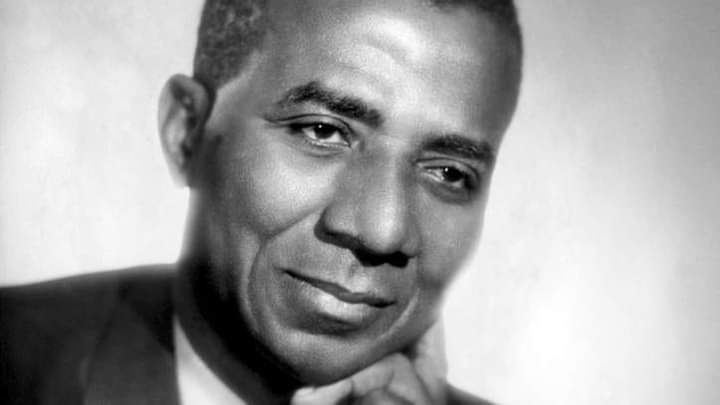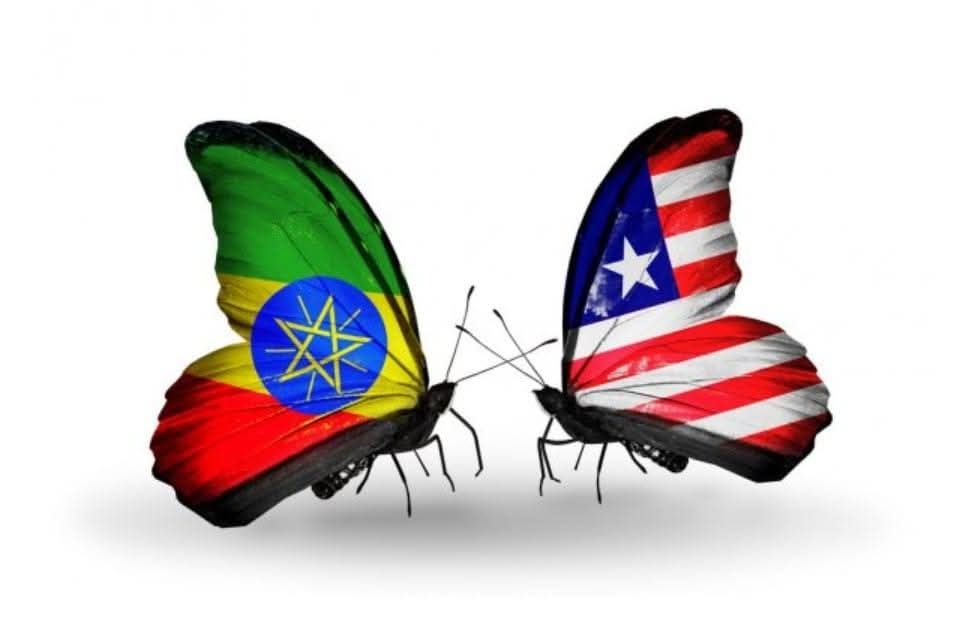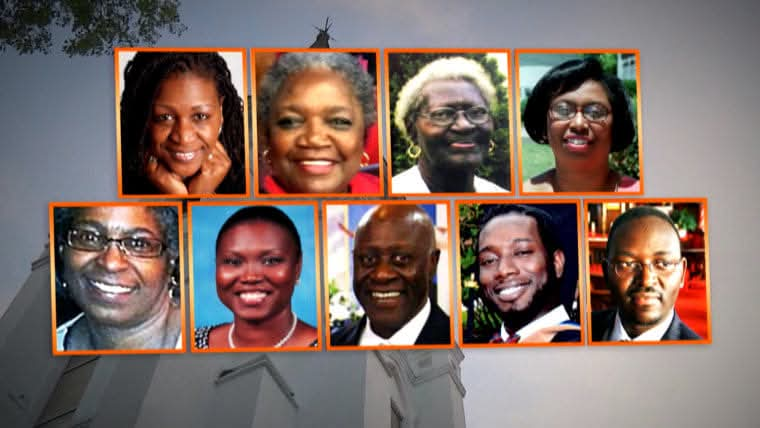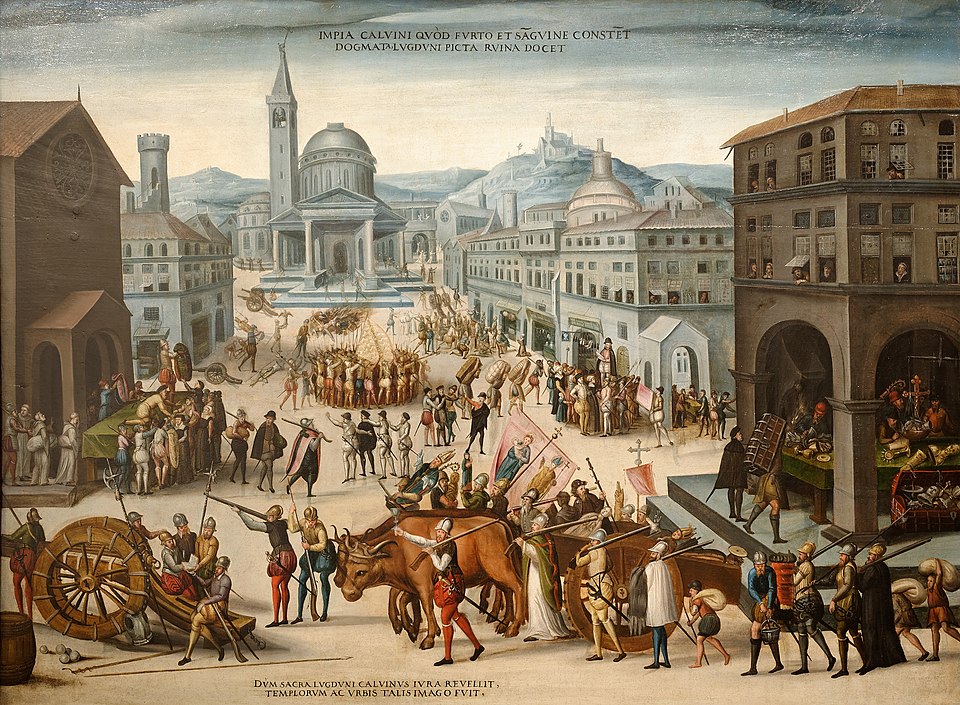A Brief into the 1963 Togolese Coup D'etat, First Coup in Sub-Sahara Africa

Did you know that Togo's first president, Sylvanus Olympio, is remembered as one of the first heads of state to be assassinated during a military coup in Africa?
The 1963 Togolese coup d'état was a military coup that occurred in the West African country of Togo on 13 January 1963 but the coup leaders, notably Emmanuel Bodjollé, Étienne Eyadéma (later Gnassingbé Eyadéma) and Kléber Dadjo, who took over government buildings, arrested most of the cabinet, and assassinated Togo's first president, Sylvanus Olympio, outside the American embassy in Lomé.
Togo had originally been a protectorate of the German colonial empire but was taken by the British and French during World War I. The French and British divided the area administratively with the French taking control in 1922 of the area of present-day Togo. The eastern portion joined the British Gold Coast colony, dividing the Ewe population between British and French colonies.
During World War II, the French Vichy government considered the powerful Olympio family of Togo to be pro-British and so many members of that family were arrested, including Sylvanus Olympio who was held for a significant time in a prison in the remote city of Djougou (in present-day Benin). His imprisonment became a key point impacting his future relationships with the French and a metaphor for the need for political and economic independence for Togo which he would use repeatedly in speeches.
In the 1950s, Olympio became an active leader in pursuing independence for Togo from French rule. His political party boycotted the territorial assembly elections throughout the 1950s because of French interference in those elections (including the 1956 election that made Nicolas Grunitzky, the brother of Olympio's wife, the Prime Minister of the French colony) and Olympio made repeated pleas to the United Nations (UN) to assist in resolution of the country's claims for independence (Olympio's petition to the UN in 1947 was the first official petition for UN resolution of a dispute).
In the 1958 election, despite French interference, Olympio's party (the Comité de l'unité togolaise) swept the elections defeating Grunitzky's party (the Togolese Progress Party) and the French named Olympio the Prime Minister of the colony. Olympio's victory triggered a significant realignment of French colonial policy and resulted in a series of independence plebiscites throughout colonies in French West Africa. Olympio spearheaded the passing of a new constitution for Togo by popular vote in 1961 and became the first president of Togo with an election victory of over 90% of the vote. After this significant victory and as a result of repression following an attempt on Olympio's life in 1961, Togo largely became a one-party state at independence.
Early in his career, Olympio had worked with Kwame Nkrumah, a leader of the independence struggle in the neighboring colony of Ghana and the first president of that country, on the issue of ending colonialism in Africa; however, the two leaders split over figuring out the eastern part of the German colony which had become part of Ghana and the division of the Ewe people. In order to unite the Ewe, Nkrumah proposed openly that Togo become part of Ghana while Olympio sought to have the eastern part of the old German colony returned to Togo. When Nkrumah made a surprise visit to Togo soon after the country had achieved independence and proposed a union of the two countries in the name of African unity, Olympio responded that "African unity, so much to be desired, must not be used as an excuse for an expansionist policy."
The relationship between the two leaders declined with Olympio often dismissing Nkrumah as a "black imperialist" and, although he initially claimed he did not want a military in Togo, upon achieving independence Olympio funded and built a small military largely to protect the country against any possible advances by Nkrumah and Ghana.
During his administration, Olympio adopted a unique position for the early independent African leaders of former French colonies. Although he tried to rely on little foreign aid, when necessary he relied on German aid instead of French aid. He was not part of all French alliances (notably not joining the African and Malagasy Union), and made significant connections with former British colonies (namely Nigeria) and the United States. However, he did sign a defense pact with the French and maintained active diplomatic relations throughout his tenure as president. The French were distrustful of Olympio and considered him to be largely aligned with British and American interests.
The military led by Emmanuel Bodjolle and Étienne Eyadéma met and agreed to remove Olympio from office. The coup began in the early morning hours of 13 January 1963 with shooting heard throughout the capital city of Lomé as the military attempted to arrest Olympio and his cabinet. Just before dawn, shots were heard outside of the United States Embassy which was close to the residence of Olympio. With the light of dawn, the dead body of Olympio was found three feet from the gate at the front of the embassy by the U.S. Ambassador Leon B. Poullada. It was claimed that when the soldiers attempted to arrest him in the streets of Lomé, he resisted and was shot in the process. Eyadéma claimed later that he was the one who pulled the trigger killing Olympio, but this is not clearly established. His body was taken inside the embassy and later picked up by his family.
During the coup, most of his cabinet were arrested but the interior minister and information minister were able to escape to the Republic of Dahomey and the health minister, Jerson Kprochtra, who was a member of Grunitzky's party, was not arrested. The reasons given for the coup by the military leaders in a radio broadcast were economic problems and a failing economy. However, analysts often contend that the main roots of the coup were in the disgruntled ex-French soldiers who were unable to gain employment because Olympio kept the military small.
The military leaders quickly reached out to exiled political leaders Nicolas Grunitzky and Antoine Meatchi to head a new government as president and vice-president, respectively. The two returned to the country and agreed to take leadership positions. The ministers in Olympio's cabinet who had been taken prisoner were released after the new government was established. However, it was reported that these ministers, led by Theophile Mally, attempted to reestablish rule by Olympio's party on 10 April 1963 and as a result they were arrested again.
Elections were organized in May 1963 and the only candidates were Nicolas Grunitzky and Antoine Meatchi who were elected as president and vice-president of the country, respectively. The ministers who were arrested in the coup attempt in April were released after the election. While the government of Ghana and its president Kwame Nkrumah were implicated in the coup and assassination of Olympio, the investigation was never completed, and the international outcry eventually died down.
The event was important as the first coup d'état in the French and British colonies of Africa that achieved independence in the 1950s and 1960s, and Olympio is remembered as one of the first heads of state to be assassinated during a military coup in Africa.
Source: Wikipedia
#penglobalhistory #coup



